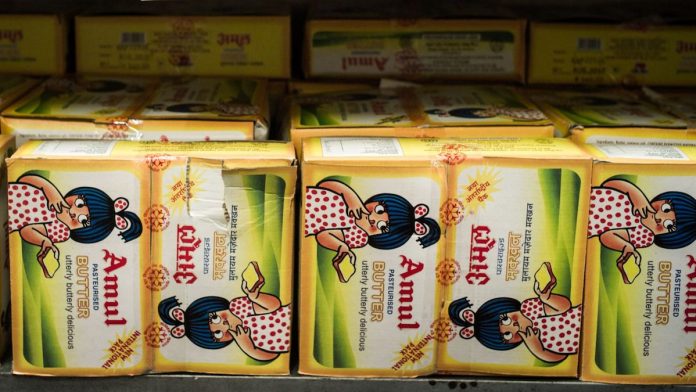Anew Ministry of Cooperation has been created by the Narendra Modi government to improve the ease of doing business for cooperatives and enable Multi-State Cooperative Societies to be more effective. MSCS are large cooperatives and hence aspire to operate in multiple states. But first, it is crucial to understand the root cause of the failures of cooperatives. Indeed, cooperatives across states have not fared well, barring few exceptions like the dairy cooperatives in Gujarat or sugar cooperatives in Maharashtra.
If one were to find reasons for the failures, the lack of a Ministry of Cooperation would not be one of the prime reasons. On the contrary, many cooperatives have been forced to fail because of bureaucratic management and an archaic regulatory structure.
The real problem
The brightest star of India’s cooperative sector is the Gujarat Cooperative Milk Marketing Federation Limited (GCMMF). Since its inception in 1973, it has remained a professionally managed cooperative under an elected board’s guidance. With 3.6 million members at the primary level and more than $5 billion in turnover, it stands apart. The dairy cooperative societies (DCS) at the village level provide the foundational strength by procuring 35 million litres of milk per day from the farmer members belonging to 18,600 DCSs. While the 18 District Cooperative Unions carry out the processing and manufacturing, all products are marketed by the GCMMF under the iconic brand ‘Amul’.
This three-tier structure, known as the ‘Amul Model’, is a unique system. A dairy farmer in a village in the Sabarkantha district in Gujarat with a herd size of two cows gets the opportunity to sell the milk in Delhi or Kolkata market. Without the three-tier structure, it would not have been possible.
The structure is necessary, but does not provide a sufficient guarantee for success. Cooperatives need dedicated professionals to succeed. They need an employee of the farmers at the helm of affairs and not a bureaucrat who has accidentally landed up in the position and is earnestly looking for the next plum posting. The reasons for the woe of all state-run cooperatives lie in the unholy embrace of the stifling cooperative Act and the uninvolved bureaucrat at the top. Because in the real world, the success and failure of the cooperative do not determine the career trajectory of the uninvolved career bureaucrat at the top; for a professional, it would matter.
For providing ‘relief’ to the cooperatives from the clutches of state acts, the Multi-State Cooperative Societies Act of 2002 was put into place. However, soon enough, everybody realised that the Multi-State Cooperative Societies Act is not a panacea. It seems the Modi government has introduced the new Ministry of Cooperation to deal with the failure of the MSCS Act in achieving its objectives.
Cooperatives of farmers and professionals
A new ministry cannot cure the ills that besiege the cooperatives in India without making fundamental changes. Cooperatives need dedicated professionals who are interested in building big business for poor people. Cooperatives should be unshackled from the yoke of the Registrar of the Cooperatives, and have professionals at the top to run them. One of the most remarkable features of GCMMF has been that professionals have always steered it since its inception. Incidentally, this is the birth centenary year of Dr Verghese Kurien, the father of the ‘white revolution’ and the founding Chairman of GCMMF. Kurien was a professional who fought relentlessly against all sorts of bureaucratic and legal hurdles created to stifle Amul from getting to the place where it is now. Kurien’s fight to unshackle cooperatives from the clutches of the bureaucracy is still valid. His mantra for the success of cooperatives lay in uniting professionals’ technical and managerial expertise with the labour and wisdom of farmers.
We expect the Ministry of Cooperation will focus on the core issues that ills the cooperatives. The ministry should create an enabling environment where cooperatives become member-centric and democratically controlled organisations managed by professionals. Currently, in most states, the all-powerful Registrar of Cooperatives gets involved in appointments to running of operations. The Registrar of Cooperatives, like the Registrar of Companies, should stay away from micro-managing cooperatives. We hope the ministry will succeed in creating a new era in the development of cooperatives.
Saswata Narayan Biswas @saswata63 is Professor and Indranil De @IndranilIndia is Associate Professor, Institute of Rural Management Anand. Views are personal.

















